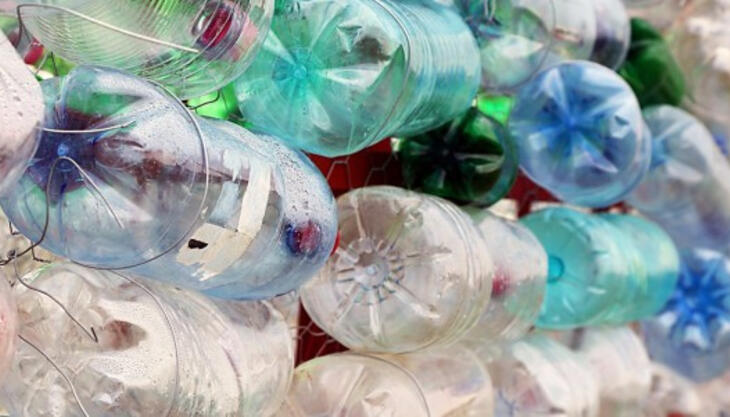Wandering packaging of Ursa: plastics recycling beyond Earth's boundaries

The European Union has set an ambitious goal of making all packaging recyclable on an industrial scale by 2030, advancing towards a circular economy model and placing particular emphasis on the role of plastic. This material, a fundamental resource for packaging, could become the protagonist of a revolution that extends far beyond Earth’s boundaries.
NASA is actively exploring solutions that could transform space waste into valuable resources. As a result, plastic packaging could not only be repurposed on Earth but also find applications in space, contributing to the sustainability of space missions and the survival of astronauts.
One of the most significant initiatives is the Waste to Base Materials Challenge, aimed at developing technologies capable of converting waste - such as packaging, polymers, food scraps and damaged materials - into new materials and energy sources. This research also focuses on plastic, leveraging its versatility and potential to create closed loops that could prove essential for both interplanetary missions and Earth’s economy.
Plastic as a Resource for a Sustainable Future
While plastic recycling on Earth has made significant progress, technical and logistical limitations persist, driving the search for innovative solutions. The prospect of recycling in space could open new horizons: the LunaRecycle Challenge, for instance, seeks to transform plastic waste generated in space into indispensable resources for human life.
Once perfected, these technologies could also be applied on Earth, improving waste management and reducing environmental impact. Imagining a future where plastic packaging not only degrades naturally but also becomes a resource for energy or new materials represents a vital step towards a truly circular economy.
Space as a Sustainability Laboratory
Plastic, often criticised for its environmental impact, could prove to be a strategic resource for addressing future challenges. Innovations developed in space, such as low-energy recycling and polymer optimisation, could provide solutions to the ongoing crisis of Earth’s resources.
In the context of new frontiers in recycling, plastic is not merely a symbol of the present but a key to ensuring a sustainable future. For now, humanity can only turn its gaze to the eternal and placid cosmos, observing the progress of its kind beyond Earth’s boundaries, drawing inspiration on how to safeguard the planet.



















